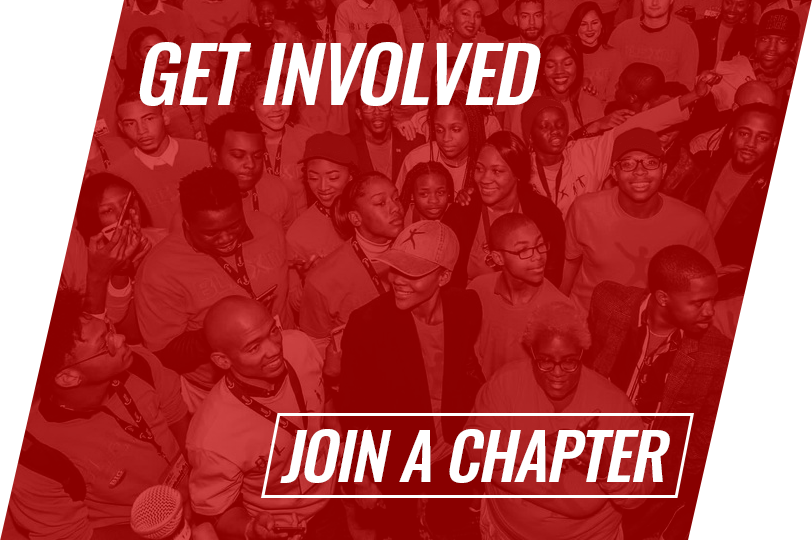
Embracing Rev. Martin Luther King’s Philosophy on DEI
The ongoing discourse regarding Diversity, Equity and Inclusion (DEI) hiring practices often
presents a complex tapestry of intentions and outcomes. Advocates argue that DEI initiatives
are essential for leveling the playing field, particularly for marginalized groups. However, a
critical examination from a Black perspective reveals an unsettling truth: the primary
beneficiaries of DEI policies have not been black individuals but rather white males.
Especially veterans, followed by white women. This misalignment raises profound questions
about the efficacy and ethical standing of these initiatives in truly serving those they claim to
uplift.
Statistics indicate that DEI programs (often touted as instruments for empowerment) frequently
perpetuate existing disparities rather than dismantling them. For instance, many reports suggest
that under the guise of inclusivity, opportunities have been disproportionately allocated to
individuals who do not belong to historically marginalized groups. This is particularly
disheartening when considering that Black women—who face both racial and gender
discrimination—often find themselves sidelined in favor of policies that favor white applicants.
Such outcomes contradict the very essence of what DEI aims to achieve: equity for all. In this
light, it becomes imperative to advocate for a return to principles centered on competency and
meritocracy. Rev Dr. Martin Luther King Jr. (whose vision was rooted in character over color)
eloquently stated that he dreamed of a day when people would be judged by “the content of
their character.” This powerful assertion serves as a reminder that true progress cannot be
achieved through superficial measures or quotas. However, we must focus on nurturing talent
based on capability and potential rather than demographic characteristics.
The call for a colorblind society (where merit prevails over identity politics) resonates deeply
with those who believe in genuine equality—a concept where opportunities are afforded based
solely on individual qualifications rather than external identifiers such as race or gender. The
recent executive order signed by the current administration further reinforces this ideology by
aiming to protect civil rights across all demographics while curtailing radical DEI preferencing in
federal contracting. By directing federal agencies to combat discrimination relentlessly within the
private sector, there is an implicit acknowledgment that discrimination can manifest in various
forms- including (but not limited to) reverse discrimination through misguided affirmative action
policies aimed at addressing historical injustices. However, these ultimately create new
inequities.
Furthermore, Rev Al Sharpton’s assertion that “the civil rights issue of our time is DEI”
illuminates how modern discourses around diversity can, on occasion, eclipse other critical
issues confronting Black communities today. Although pursuing representation is essential, it
must not come at the cost of cultivating environments where meritocracy flourishes alongside
equitable access to opportunities based solely on one’s abilities and contributions. Ultimately,
opposing flawed DEI practices does not equate to being against diversity itself. Instead, it
advocates for a genuine approach to inclusion rooted in respect for individual competencies and
achievements. As we navigate these discussions moving forward, whether within corporate
structures or broader societal frameworks, it is vital that we remember Dr. King’s wisdom about
character being paramount. However, this does not imply that we should ignore other pressing
matters.
This call extends beyond mere rhetoric. It requires us as individuals committed to civic
responsibility to engage critically with these issues while encouraging growth rooted in ability
instead of identity markers alone. Only then can we forge pathways towards true equity (where
every person has an equal chance) based on their merits, not merely their demographics, in
shaping our collective future. However, this journey is complex and although we strive for
fairness, challenges persist. Because of these challenges, we must remain vigilant and
adaptable in our approach to social justice.







